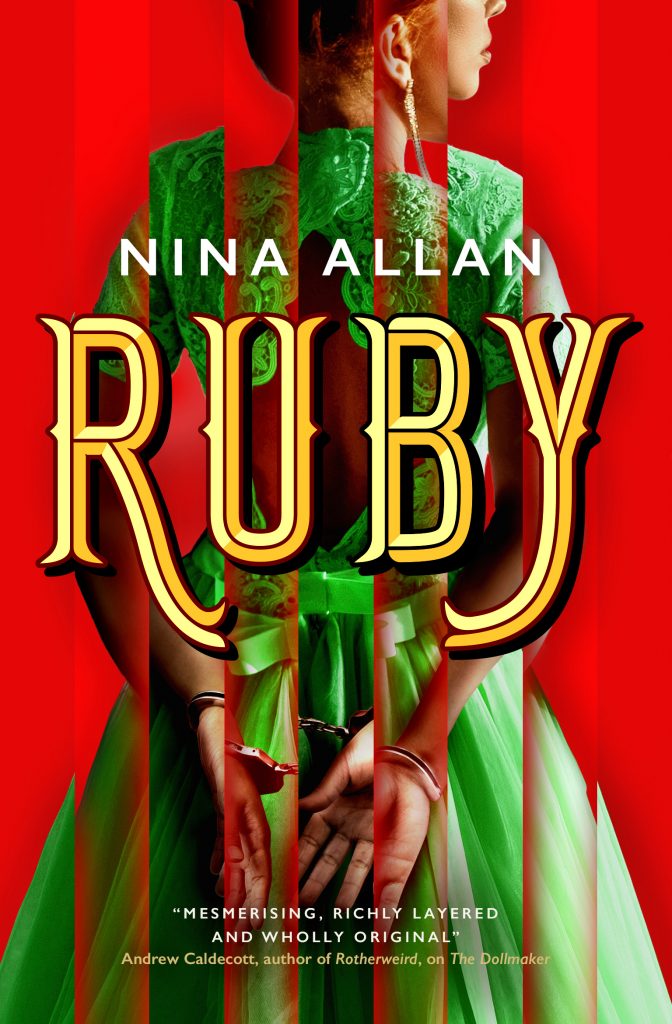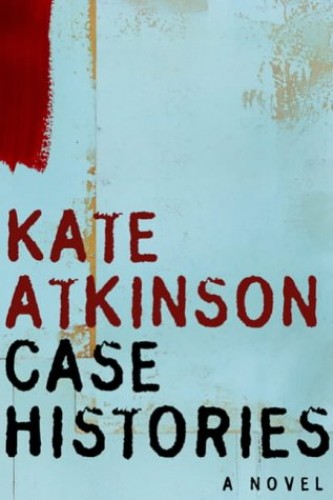Each time this shortlist gets announced, I find myself wondering why the Rathbones Folio Prize isn’t given more attention. Is it because the award was founded as a riposte to the Booker, or rather to the Booker’s sporadic tendency to succumb to popular pressure (and I’m sure we can all find examples) around which novels or which kind of novels should be considered? Is the Folio Prize’s unabashed pursuit of literary excellence seen as unfashionable or – and I can’t believe I’m using this word – elitist? Or is it something as banal as the prize organisers not being massively clued up on publicity? (Or not having a massive publicity budget?) Whatever it is, it’s a shame, because the Folio Prize has produced some of the most consistently interesting shortlists year on year.
The 2020 selection is better even than usual. Fiona Benson’s Vertigo and Ghost is a masterpiece. There can be no questioning that fact, no suggestion that the use of the word masterpiece is yet another instance of book world hype. Vertigo and Ghost will be being read in a hundred years’ time and hopefully long after. It’s won prizes already but it absolutely deserves this further accolade. Ben Lerner is so good it’s fashionable to hate him now. After having read the whole of the Adam Gordon trilogy virtually back-to-back towards the end of last year, I’ve been wondering whether Lerner will get the Booker nod, hoping of course that he will, preparing to feel unsurprised if he doesn’t. All the better then to see his third novel The Topeka School featuring here. (And yes of course the book can be criticised, but only at the level where you know you’re nitpicking. Lerner’s writing – his thought process – is so advanced that it doesn’t matter about the nitpicks, which I guess is what the Folio Prize is all about.)
How lovely to see Laura Cumming’s beautifully written investigative memoir On Chapel Sands recognised. Cumming’s art criticism is so consistently excellent and On Chapel Sands is a joy: understated, refined, powerful. It’s not had enough attention, in my view, and so my heart leaped when I saw it on the Folio shortlist. James Lasdun is another underappreciated writer. I read his memoir Give Me Everything You Have last year, and found it an uncomfortable book to read on many levels, yet once again the writing is so good, the approach so thoughtful and self-questioning, that it’s worth the discomfort, and shouldn’t all literature aim to be this self-exposing? I’m hoping Lasdun will find more readers as a result of this overdue recognition for a major prize.
I’ve not read Grand Union yet, but I did read two of Zadie Smith’s essay collections last year and found such joy in them. Smith is one of our most assured writers, no doubt about it, but – like Lasdun – she is also one of our most reflective and self-questioning. The piece in which Smith explores her decision to keep away from social media (because she believes it is essential that a writer retain the ‘freedom to be wrong’) should be read and at least considered by every writer. As with Lerner, Smith has to an extent reaped the anti-rewards of literary fame, which has meant a tailing-off of engaged interest in what she is actually writing. This shortlisting will hopefully encourage a generous measure of re-engagement.
Valeria Luiselli’s Lost Children Archive. What can I say, except that it was a source of sadness and frustration to me, to see this important, formally innovative, searching novel dropped from both the Booker and the Women’s Prize at longlist stage last year (the Women’s Prize decision especially had me grinding my teeth). This fact alone might place Luiselli as my favourite for winning the Folio but we shall see. I have only read part of Constellations so far but the form of the book, the quality of thought and writing, makes Sinead Gleeson’s shortlisting a no-brainer and I’ll make sure I absorb her book in full before the year is out. Similarly, the Folio shortlisting for Azadeh Moaveni’s Guest House for Young Widows has put it back on my radar. Given the often-appalling discourse around Muslim women, not to mention the appalling (and illegal) treatment of Shamima Begum (could our government please remember that Begum was a child when she left Britain??? What she must have been through since can scarcely be imagined by those who have taken the decision to leave her stateless – that’s if they even tried) I would consider Moaveni’s book essential reading for everyone, now.
The Folio Prize shortlist is diverse in every sense of the word. It is also profound, and thoughtful, and interesting. If there is one quality – literary excellence aside – that could be said to unite these eight books it is that of being ruminative, of inviting a personal response. This desire, this ability, this courage to look inward even as we look outward, to make the political personal, is an approach I would hope to see more of on every prize list and it is inspiring, and a source of solace, to see it here.
2020 Folio prize shortlist
Guest House for Young Widows by Azadeh Moaveni
The Topeka School by Ben Lerner
Vertigo & Ghost by Fiona Benson
Victory by James Lasdun
On Chapel Sands by Laura Cumming
Constellations by Sinéad Gleeson
Lost Children Archive by Valeria Luiselli
Grand Union by Zadie Smith

